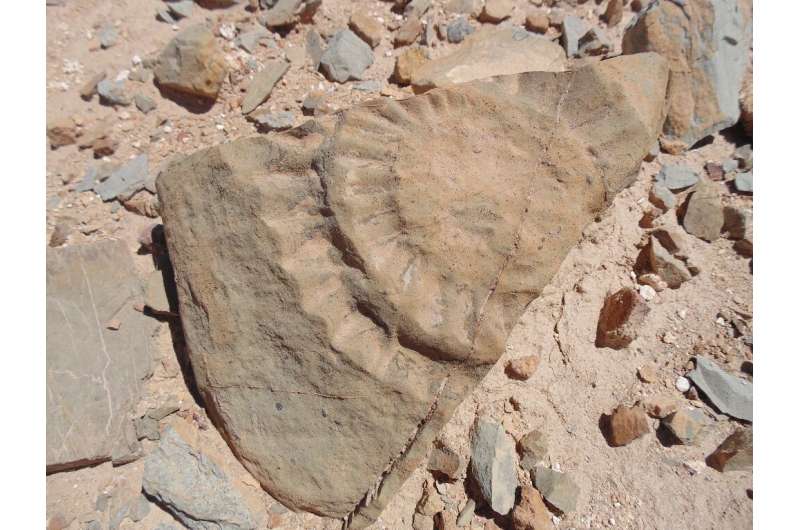#Prehistoric winged lizard unearthed in Chile

“#Prehistoric winged lizard unearthed in Chile”

Chilean scientists have announced the discovery of the first-ever southern hemisphere remains of a type of Jurassic-era “winged lizard” known as a pterosaur.
Fossils of the dinosaur which lived some 160 million years ago in what is today the Atacama desert, were unearthed in 2009.
They have now been confirmed to be of a rhamphorhynchine pterosaur—the first such creature to be found in Gondwana, the prehistoric supercontinent that later formed the southern hemisphere landmasses.
Researcher Jhonatan Alarcon of the University of Chile said the creatures had a wingspan of up to two meters, a long tail, and pointed snout.
“We show that the distribution of animals in this group was wider than known to date,” he added.
The discovery was also “the oldest known pterosaur found in Chile,” the scientists reported in the scientific journal Acta Paleontologica Polonic.
Researchers find a ‘fearsome dragon’ that soared over outback Queensland
© 2021 AFP
Citation:
Prehistoric winged lizard unearthed in Chile (2021, September 11)
retrieved 12 September 2021
from https://phys.org/news/2021-09-prehistoric-winged-lizard-unearthed-chile.html
This document is subject to copyright. Apart from any fair dealing for the purpose of private study or research, no
part may be reproduced without the written permission. The content is provided for information purposes only.
If you liked the article, do not forget to share it with your friends. Follow us on Google News too, click on the star and choose us from your favorites.
For forums sites go to Forum.BuradaBiliyorum.Com
If you want to read more Like this articles, you can visit our Science category.




